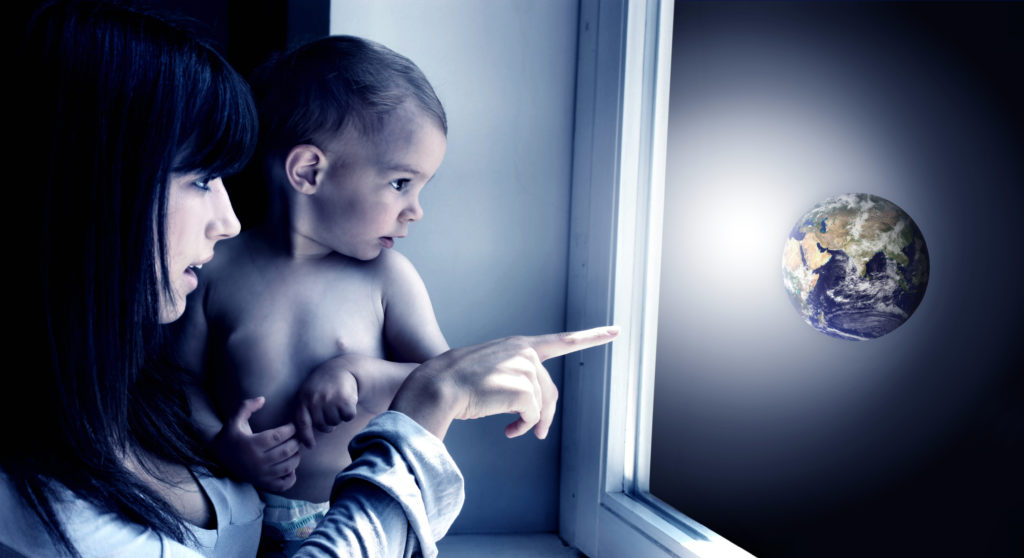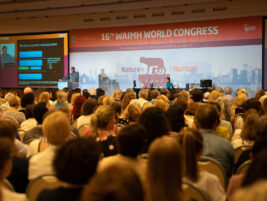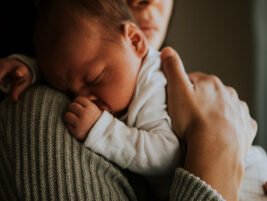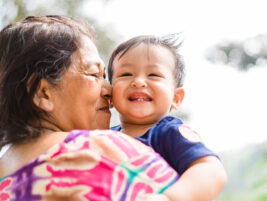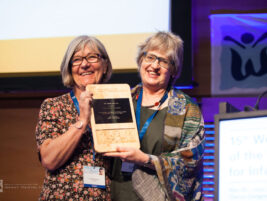The first article to be published in The World in WAIMH was selected to complement the publication in this issue of WAIMH’s Declaration of Infant Rights. As with the United Nations Declaration of the Rights of the Child, Infant Rights raise at least three dynamic tensions to be considered:
- First is the tension between child survival and child development first;
- Second is the balance between the promulgation of universal rights, and the right to self-determination of individual communities, cultures and families;
- Third is the balance between the rights of infants and children, and the rights of parents and other adult caregivers. The latter is complicated by the fact that although the wellbeing of infants and children clearly depends on that of their family, international bodies, national governments, and nongovernmental organizations often find it easier to garner support for infant and children needs when these are divorced from those of their parents.
Could it be that at the global level, policymakers experience tensions similar to the ones that we face as we endeavor to simultaneously keep both infant and parent in mind, and to shift our focus from each individual to the relationships through which they exist with and for each other?
This article is excerpted from a chapter entitled, “Child Justice, Caregiver Empowerment, and Community Self-Determination” in B. S. Fennimore, A. L. Goodwin (eds.), Promoting Social Justice for Young Children, Educating the Young Child 3, DOI 10.1007/978-94- 007-0570-8_4 , © Springer Science+Business Media B.V. 2011. Child Justice, Caregiver Empowerment, and Community Self-Determination.
Authors
Sparrow, Joshua, MD,
Harvard Medical School,
Boston, USA,
e-mail: joshua.sparrow@childrens.harvard.edu


